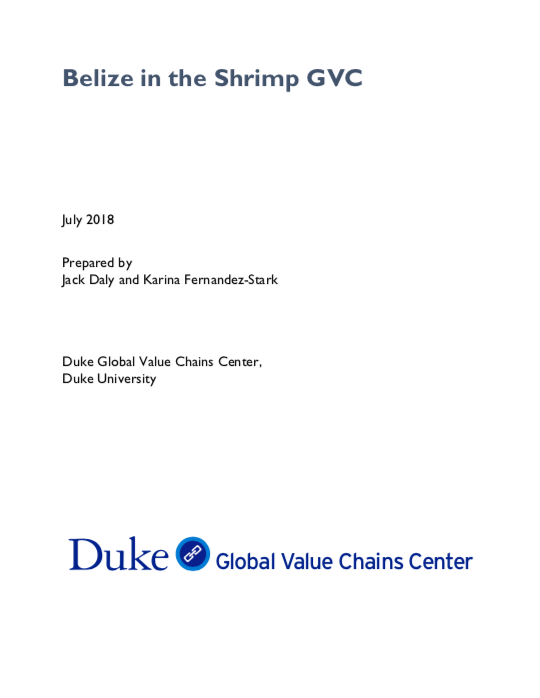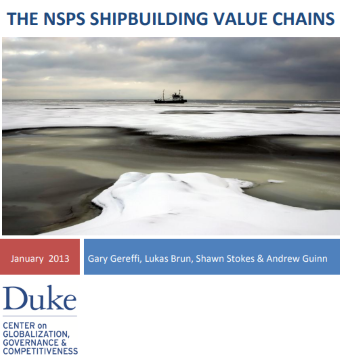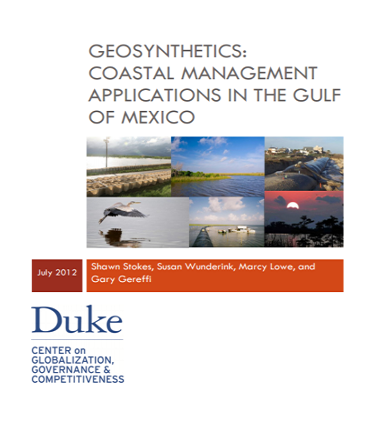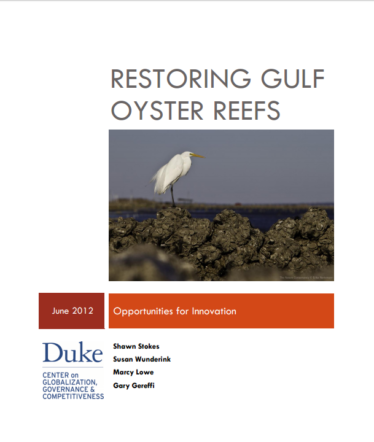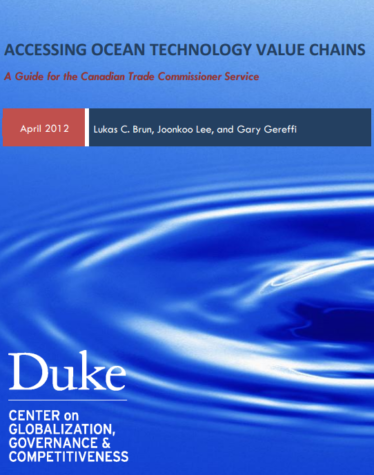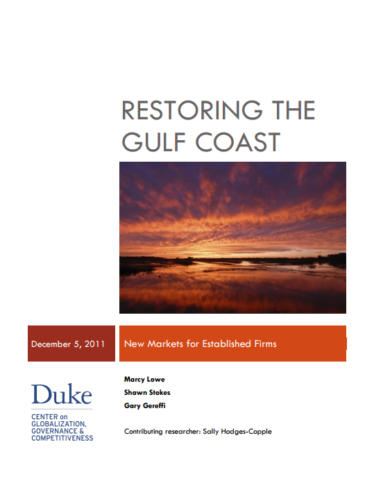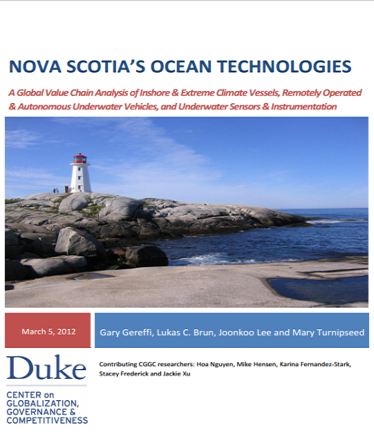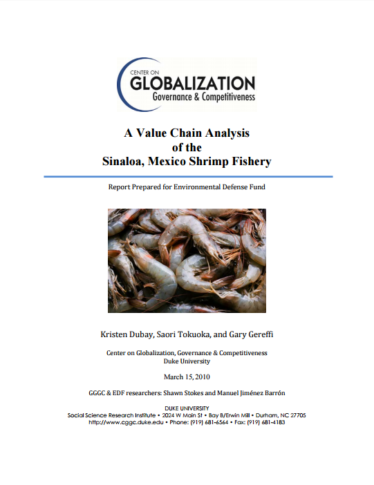Individuals within governments, nonprofits and the academic community have an interest in enhancing their understanding of how oceans impact the global economy. Whether the interest is in monitoring the health of fisheries, patrolling the surface or creating precise maps of the seafloor, the need for information on the ocean is vast.
CLIENT CASE STUDY
Nova Scotia’s Ocean Technologies – A Global Value Chain Analysis of Inshore
Client: The Nova Scotia Department of Economic and Rural Development and Tourism (NSERDT)
Challenge: NSERDT was looking to achieve three main objectives:
1. discover the market position and strengths, weaknesses, opportunities, and threats (SWOT) for Nova Scotia’s companies;
2. identify market and technology trends; and
3. make recommendations for increasing the competitiveness of the sector in Nova Scotia.
Approach & Outcome: To achieve these goals, the Duke GVC Center conducted a research report that focused on Nova Scotia’s position in three value chains: inshore and extreme climate vessels, remotely operated vehicles (ROVs) and autonomous underwater vehicles (AUVs), and underwater sensors and instrumentation. The Duke GVC Center provided an additional section within the report that provided specific recommendations related to supporting Nova Scotia companies, moving into higher value-added activities and regional value chain development activities.
